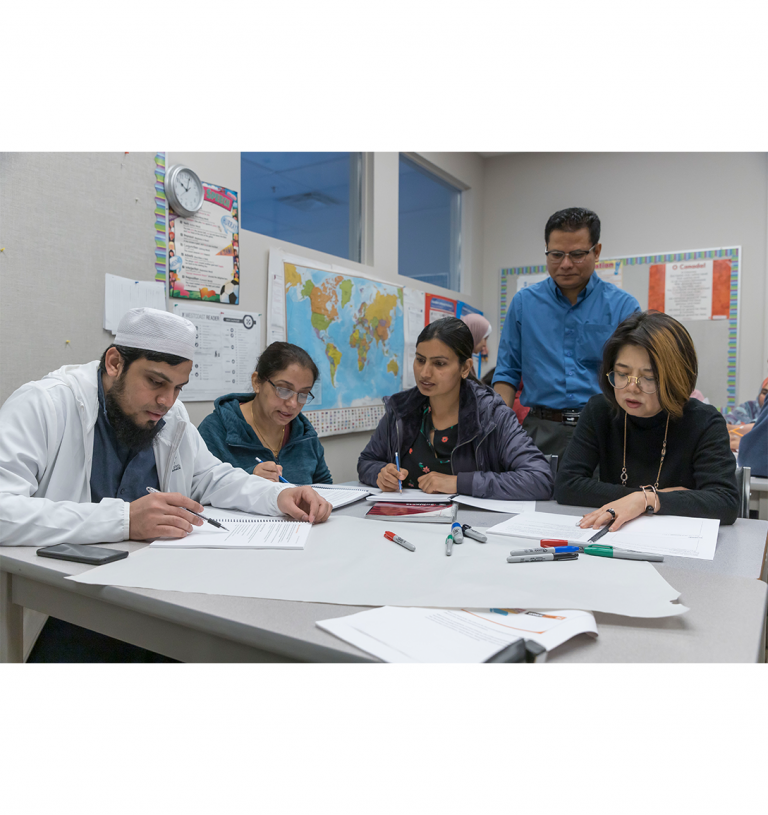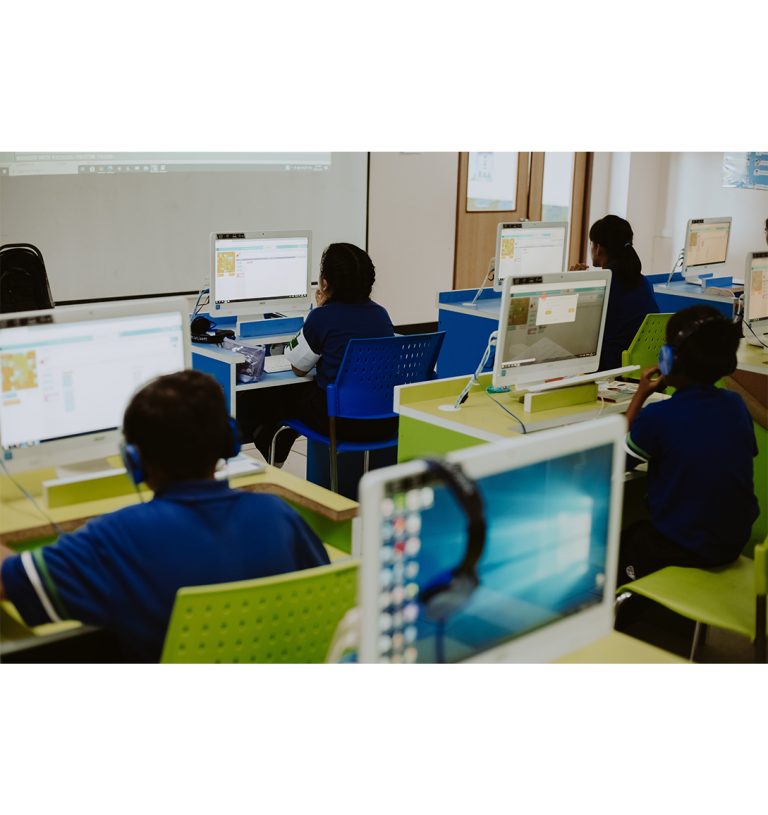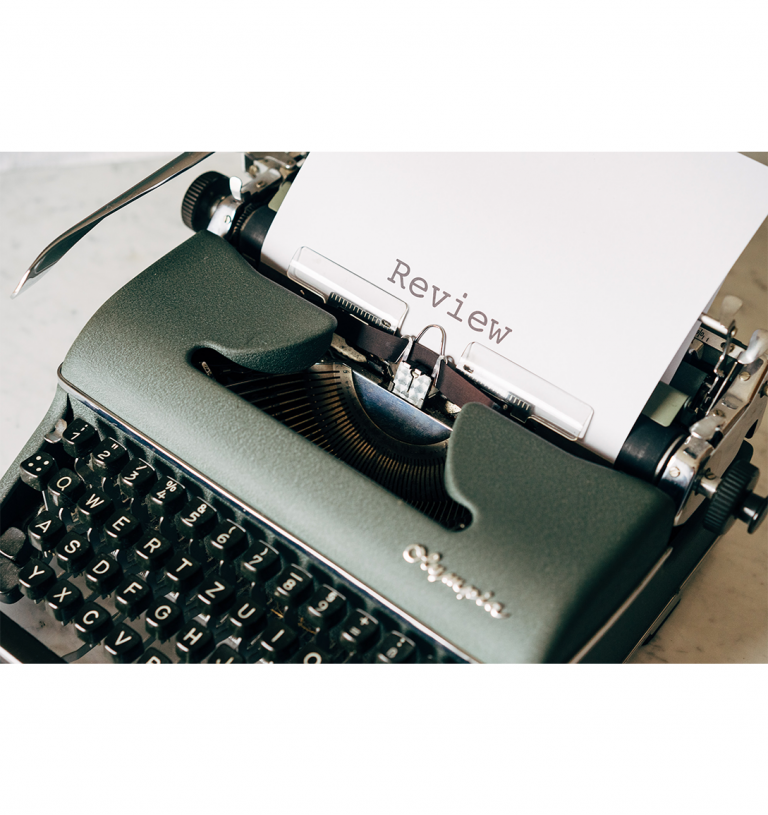The UBC-DIVERSEcity Language and Literacy Project is an ethnographic study examining the effects of institutionalized values and beliefs about literacy and language instruction on curricula development, teaching strategies, and the cultivation of literacy skills in students learning English as a Second Language (ESL).
This project is a joint effort between the University of British Columbia, Simon Fraser University, and the DIVERSEcity Community Resources Society. Our research project is co-led by Dr. Mark Turin and Dr. Henny Yeung, and the co-investigators are Elise McClay (MA) and Robert Hanks. DIVERSEcity is a non-profit organization based in Surrey, British Columbia, whose goal is to empower diverse communities and newcomers to Canada with free multilingual educational programs and services.
Our research is situated within two of DIVERSEcity’s beginner-level, English-language literacy courses that are currently offered online. Welcoming students from all over the world, DIVERSEcity’s classes are characterized by a high degree of linguistic and cultural diversity. A further unique characteristic of these classes is that, while they were not originally designed or intended for multigenerational learning, the shift to virtual learning brought on by the COVID-19 pandemic has created a novel learning environment in which DIVERSEcity students informally decided to include their children in their lessons. Their children are expected to be between 18 months and 5 years of age.
Given the rich range of backgrounds, experiences, strengths, and understandings that DIVERSEcity’s students bring to the classroom, our research will explore the specific needs, challenges, and opportunities for language and literacy learning that exist in online courses. In addition, we hope to identify new opportunities presented by virtual, multigenerational, and multilingual learning spaces.
To address these questions, our methodology brings teachers and researchers into a collaborative relationship around shared goals of identifying potential issues with current pedagogical practices and developing alternatives through the combination of observation, analysis, and teacher experience. Put simply, our research team will take an active part in the teaching of English-language literacy by working as Educational Assistants for the duration of the courses, assuming responsibility for facilitating classroom activities alongside teachers while also aiding students with their coursework. This level of involvement in classroom interactions will improve our rapport with students and teachers, as well as generate first-hand understanding of how English as a Second Language and literacy skills are taught in DIVERSEcity’s classes.
Following course completion, the research team will present initial findings to DIVERSEcity staff in a facilitated workshop in which we will identify teaching strategies and curricula goals that might most effectively address student needs. Our workshop will become a policy paper detailing these strategies and aims, which will then be presented to DIVERSEcity leadership for their consideration and possible implementation.
In this way, our research will support strengthened learning outcomes by bridging potential gaps between current educational practices and the real-world language and literacy needs of their students.
For more information about the important work done by the DIVERSEcity Community Resources Society, please visit their website: DIVERSEcity Community Resources Society.




